Market Trends
Key Emerging Trends in the Lycopene Market
The lycopene market is experiencing several noteworthy trends that are reshaping its landscape and driving growth across various industries. One prominent trend is the rising consumer preference for natural and healthy ingredients, leading to increased demand for lycopene-rich products. Lycopene, a natural antioxidant found in fruits and vegetables like tomatoes, watermelon, and red peppers, is gaining popularity for its potential health benefits, including antioxidant properties and potential disease-preventive effects. As consumers become more health-conscious and seek out functional foods and supplements, the demand for lycopene-infused products is expected to continue growing.
Furthermore, the food and beverage industry is witnessing a surge in the incorporation of lycopene into a wide range of products, including juices, sauces, snacks, and dietary supplements. Manufacturers are leveraging lycopene's vibrant red color, neutral taste, and nutritional properties to enhance the appeal and nutritional profile of their products. Lycopene's versatility and compatibility with various food matrices make it a popular ingredient choice for creating visually appealing and health-enhancing food and beverage formulations that cater to evolving consumer preferences.
Moreover, the cosmetics and personal care industry is embracing lycopene as a key ingredient in skincare formulations due to its reputed skin health benefits. Lycopene's antioxidant properties are believed to help protect the skin from environmental damage, UV radiation, and premature aging, making it a sought-after ingredient in anti-aging creams, serums, and sunscreens. As consumers prioritize natural and effective skincare solutions, the demand for lycopene-infused skincare products is expected to rise, driving innovation and product development in the cosmetics industry.
Additionally, the pharmaceutical industry is exploring the potential therapeutic applications of lycopene for various health conditions, including cardiovascular diseases, cancer, and inflammation. Preliminary studies suggest that lycopene may have cardioprotective, anticancer, and anti-inflammatory effects, sparking interest in its use as a therapeutic agent in drug development. Pharmaceutical companies are investing in research and clinical trials to evaluate lycopene's efficacy and safety profile, paving the way for potential new drug formulations and nutraceutical products targeting specific health concerns.
Furthermore, technological advancements in lycopene extraction, purification, and formulation are driving market trends by improving product quality, efficiency, and cost-effectiveness. Advanced extraction techniques, such as solvent extraction, supercritical fluid extraction, and enzyme-assisted extraction, have enabled higher yields and purity levels of lycopene from natural sources, making it more commercially viable for manufacturers. Additionally, innovations in encapsulation technologies have enhanced the stability and bioavailability of lycopene, allowing for the development of novel delivery systems and applications in dietary supplements and functional foods.
Moreover, shifting consumer preferences and dietary patterns, particularly among urban populations, are influencing market trends in the lycopene industry. As consumers become more health-conscious and seek out nutrient-rich foods and supplements to support their well-being, the demand for lycopene-rich products is expected to grow. Manufacturers are responding to these trends by introducing a variety of lycopene-fortified products targeting different consumer segments and dietary needs, including vegan, gluten-free, and organic options.
Furthermore, regulatory factors, including food safety regulations and labeling requirements, are shaping market trends by influencing product development, marketing, and distribution strategies. Manufacturers must ensure compliance with regulatory guidelines and obtain necessary approvals and certifications to market lycopene products effectively. Moreover, health claims substantiation and scientific evidence supporting the health benefits of lycopene are becoming increasingly important for gaining consumer trust and acceptance in the marketplace.


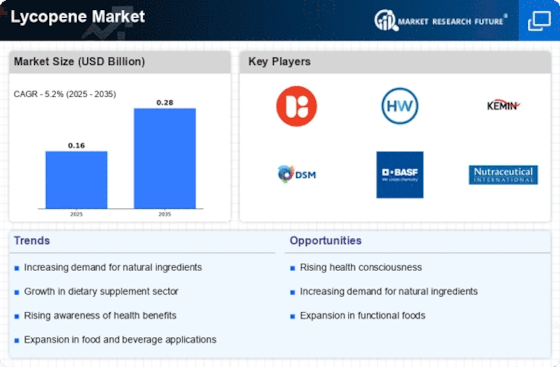

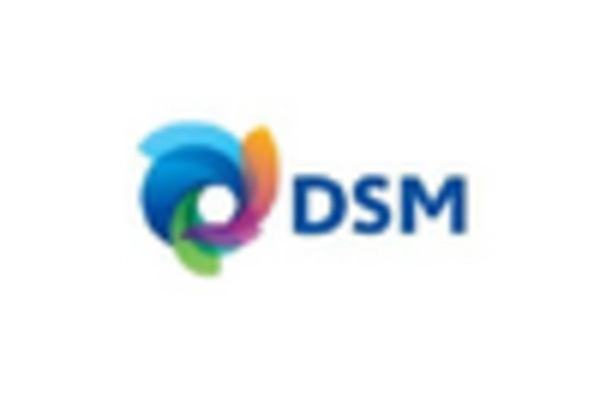
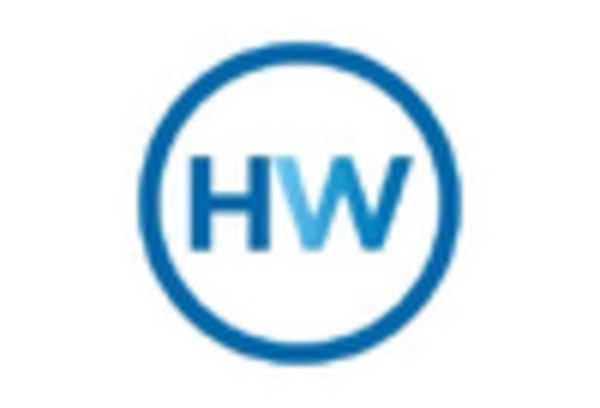
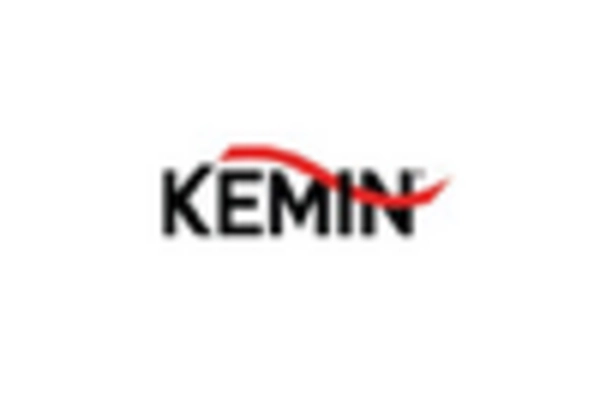
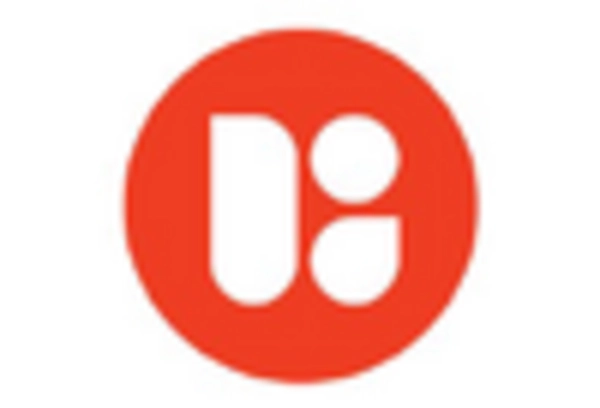
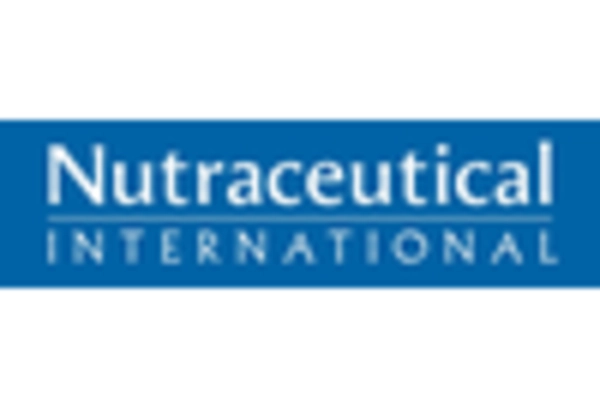









Leave a Comment